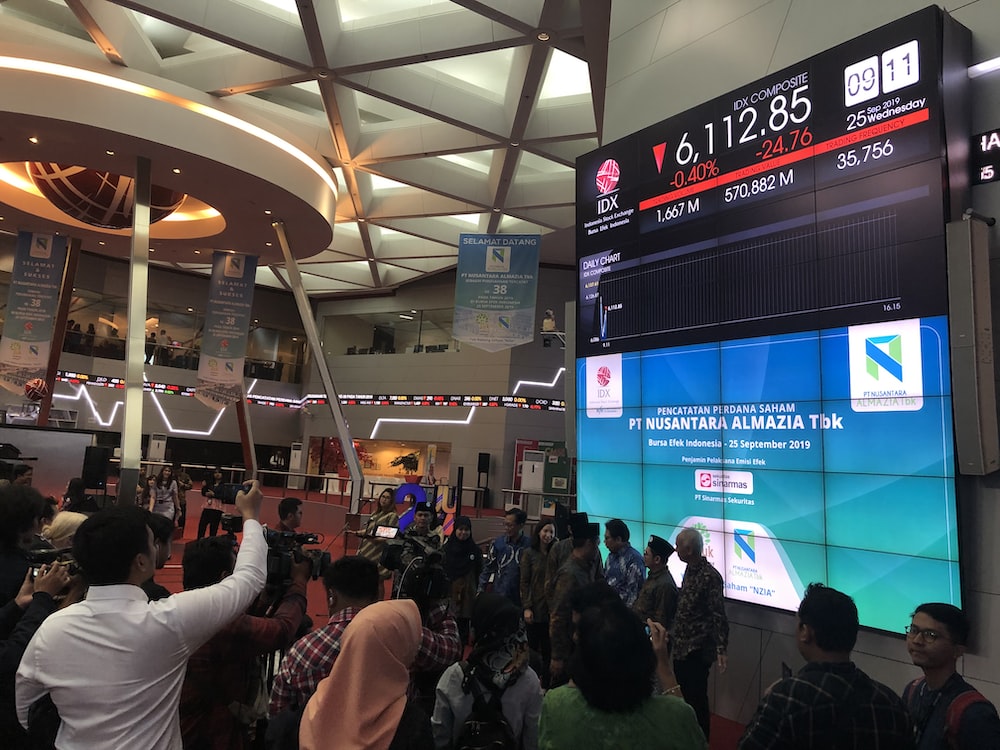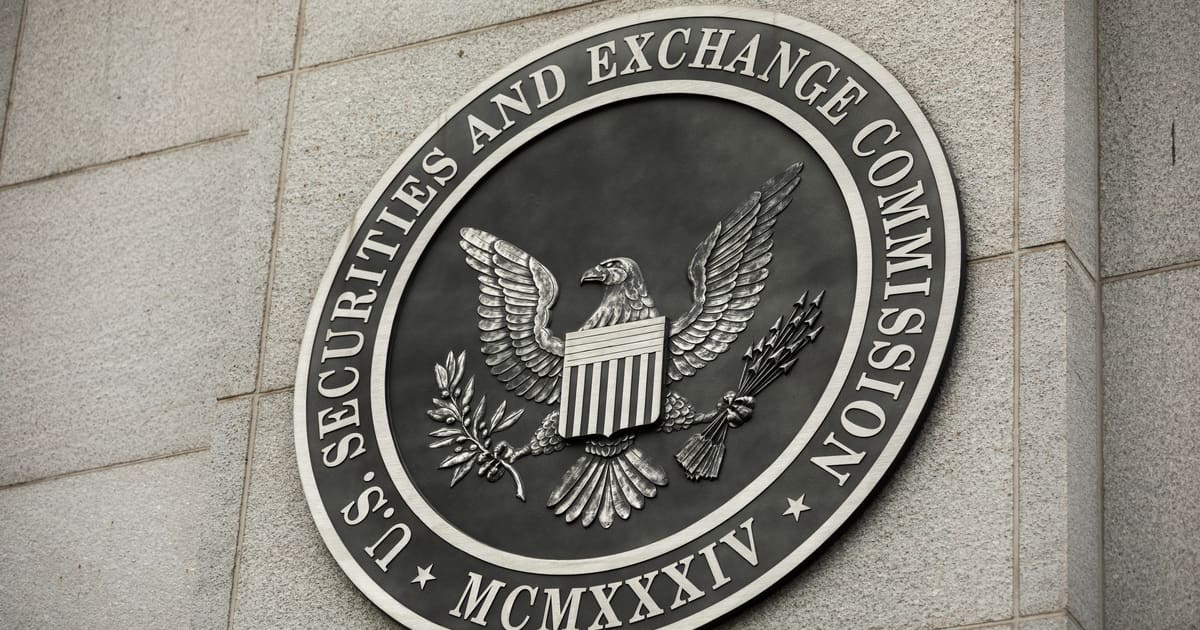The ABCs of SEC Fees
Sep 15, 2022 By Susan Kelly
A Security and Exchange Commission (SEC) fee is an additional nominal cost included in the sale of some securities to make up for the overall administration costs. This amount is not charged to consumers directly by the SEC but to self-regulatory organizations (SRO) who pass it on to brokers and then to traders. The fee is volatile and varies yearly or mid-yearly, depending on the financial reporting of that fiscal year.

According to the Securities Exchange Act of 1934, the SEC only requires SROs to pay this fee. Each SRO involved in the process will then require exchange brokers to reimburse them for these costs. When the brokers settle that bill, they will also require the traders they represent to compensate them. However, remember that the SEC deals with only SROs. SEC fees are also called Section 31 fees.
Sources of Section 31 Fees (SEC Fees)
While the SEC does not state categorically how SROs should get money to make Section 31 fee payments, it requires that these payments be made periodically and must meet the threshold required. Section 31 only imposes this fund requirement on SROs, leaving brokers and individual traders to deal with their respective superiors.
SROs require brokers to pay specific amounts of money per transaction. It is the sole responsibility of the brokers to deal with their SROs if there is any issue with how this payment works or if there is a query to be raised. Individual traders should then contact their brokers for any inquiry or conflict resolution.
SROs formulate rules and set standards on how collection and payment of Section 31 fees should be conducted. It self-regulates, and therefore its operations are distinct from the SEC. However, due to their sensitivity, the government can maintain a say over more general matters concerning SROs’ operations.
Some of the most popular SROs are the following:
- New York Stock Exchange (NYSE)
- Financial Industry Regulatory Authority (FINRA)
- NASDAQ Stock Market
- Chicago Board of Options (CBO)
The Securities Exchange Act of 1934 lays down the rules, conduct, and disciplinary action available to the SEC to be meted on SROs or any persons affiliated with the SEC.
SEC Fee Rates

As we said earlier, the fee is nominal; it constitutes a very small amount. In 2007, for instance, the SEC fee was about 1% of every 1/800 of every dollar. This translates to a small amount, representing only 0.0000125 of each dollar. This amount is negligible and may remain unnoticed by individuals with lower volumes. Those with higher volumes may notice this fee, but it won’t take a massive cut from their money. Further, this fee is spread out over numerous transactions so that it does not appear as a lump sum figure.
For instance, if a trader sells stock worth $30,000,000. Using the SEC fee rate in 2007, their brokers are only required to pay $375 to their respective SRO. That’s marginal.
It is essential to constantly track the SEC fee currently used by an individual trader to avoid inflations by your broker. Since you will not deal with the SRO yourself but will have to trust your broker, you must calculate how much you owe the SRO to reimburse your broker the exact amount. Knowledge is power.
To ensure transparency, brokers must clearly stipulate how much fees they have paid to the SRO or are required to pay. They are also supposed to provide a breakdown of expected fees, such as in the form of a brochure, to their clients so that they can estimate the cost of doing business in terms of the fee. This information should be backed up and safeguarded to be available for use in case it will be required later.
Recently, on May 14, 2022, the SEC adjusted the fee to $22.90 per million dollars. This was a quadruple increase, as the previous rate was $5.10 per million. Still, this amount is very small to warrant distress. In the example above, the broker would have to pay ($22.90 * 30) = $687, which compared to $30,000,000 is minuscule.
Purpose of Section 31 Fees
You’re probably wondering why does the SEC need this money? Why does it have such a grounded framework for collecting these payments from SROs? The reason is plainly for oversight. Since the SEC is tasked with regulating and overseeing markets, its source of income is this fee.
The following are some of the transactions that are liable to Section 31 fees:
- Stock sale
- Call sale
- Put sale
- Put exercise
- Call assignment
The following are some of the transactions that are not liable to Section 31 fees:
- Stock purchase
- Call purchase
- Put purchase
- Call exercise
- Put assignment
Frequently Asked Questions (FAQs)
What is the threshold for corporate reporting to the SEC?
The SEC requires companies with more than 500 owners and $10 million in assets to file annual reports.
Where do Section 31 fees go after they are received by the SEC?
All SEC fees collected by the SROs are transferred to the SEC, then they are sent to the US Treasury. The SEC is a government entity, and the Treasury must collect all monies.
What causes the SEC fee rate to change?
If the trading volume spikes, the SEC will have less obligation to meet its target. This means that the SEC fee rate will be decreased; every transaction on the market will be required to pay a lower amount. Generally, the SEC fee rate is inversely proportional to the trading volume that fiscal year, or half-year, necessitating a mid-year adjustment. Mid-year adjustments are rare.

Sep 15, 2022 Susan Kelly

Jan 26, 2024 Susan Kelly

Jan 16, 2024 Triston Martin

Jan 08, 2023 Susan Kelly

Mar 06, 2023 Susan Kelly

Jan 24, 2024 Triston Martin